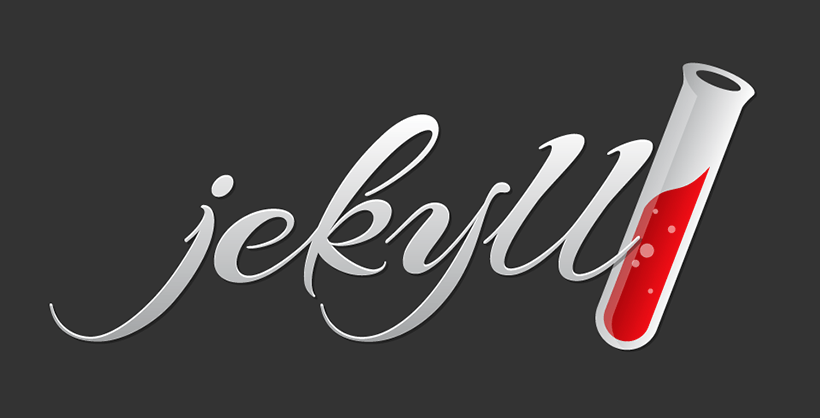As a web developer who has to deal with routine work for Content Management Systems (CMS) such as WordPress and Joomla, I’ve been looking for a light-weight and fast alternative that meets my needs. That’s where flat CMS like Jekyll comes in.
What is a flat CMS?
Unlike a your everyday heavy, multi-purpose CMS used in large websites, a flat CMS essentially does not require a database to query and retrieve content. All it takes is to just upload a file and it’s ready to be published. While there are a number of alternatives for flat CMS, I’ll be focusing on Jekyll.
What is Jekyll?
An excerpt taken from the Jekyll website:
“Jekyll is a simple, blog-aware, static site generator. It takes a template directory containing raw text files in various formats, runs it through a converter (like Markdown) and our Liquid renderer, and spits out a complete, ready-to-publish static website suitable for serving with your favorite web server. Jekyll also happens to be the engine behind GitHub Pages, which means you can use Jekyll to host your project’s page, blog, or website from GitHub’s servers for free.”
A great plus is that you can use Github Pages as a host. You won’t need to set up a FTP client. Just use the following commands; git add, git commit, and git push to make changes on the fly. All the blog posts are saved in a file. Furthermore, you can format your blog post with Markdown which is very fast and distraction-free.
 Stampede Design
Stampede Design
Pingback: Pagekit, a Powerful and Lightweight CMS